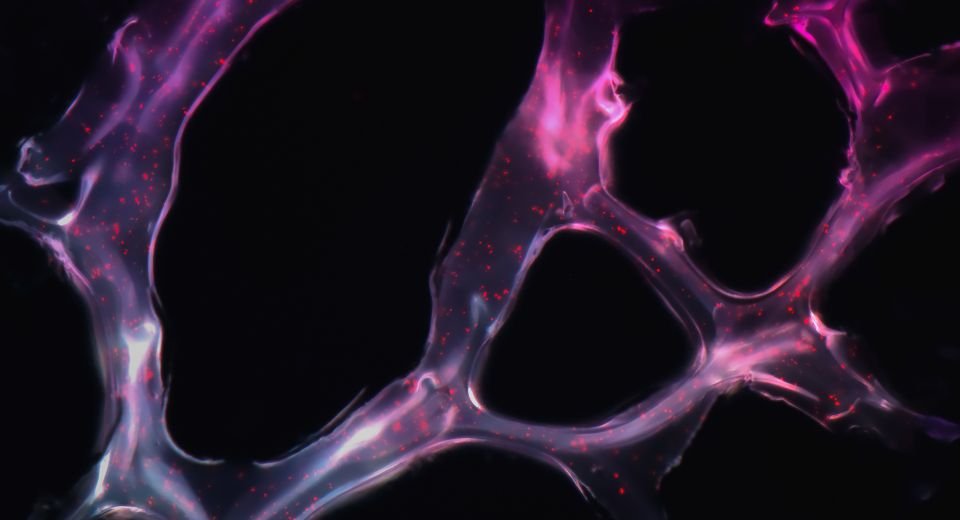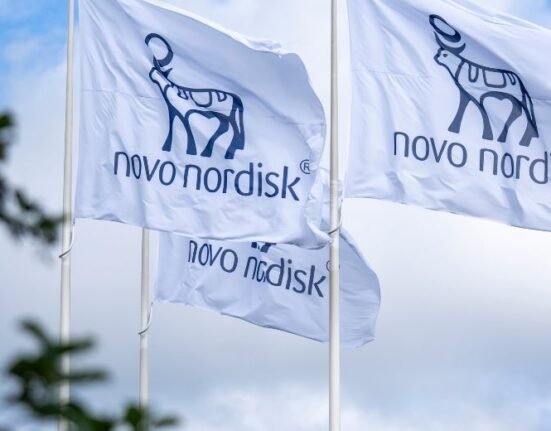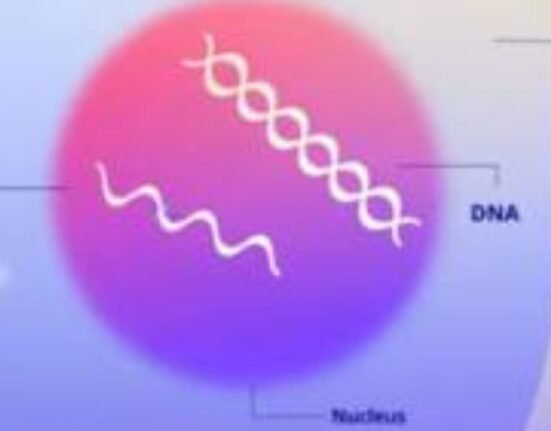HQ Team
February 23, 2023: Moderna Inc., a biotechnology company, and Merck announced that an experimental personalised cancer vaccine, based on the messenger RNA (mRNA) technology, has received Breakthrough Therapy Designation from the USFDA.
The FDA granted Breakthrough Therapy Designation based on positive data from the second trial phase on 157 candidates suffering from the third and fourth stages of melanoma.
The tumours were surgically removed before being treated with either the drug or vaccine combo or Merck’s Keytruda alone to delay the occurrence of the disease.
The combination was generally safe and demonstrated the benefit compared to Keytruda after a year of treatment. According to the statement, serious drug-related side effects occurred in 14.4% of patients who received the combination compared with 10% with Keytruda alone.
“The primary endpoint is recurrence-free survival, and secondary endpoints include distant metastasis-free survival and safety,” according to the joint statement.
In October, Merck took the option to jointly develop and commercialise the treatment, known as mRNA-4157/V940, sharing costs and profits equally.
Expedite development
The FDA Breakthrough Therapy Designation is granted to expedite the developing and reviewing drugs that may treat a severe condition.
`
It is granted when preliminary clinical evidence indicates that the product may demonstrate substantial improvement over available therapies on at least one clinically significant endpoint.
The mRNA therapy, used in successful COVID-19 vaccines, has been shown to work against melanoma, the most severe form of skin cancer. It develops in the cells that produce melanin — the pigment that gives skin its colour. Melanoma can also form in your eyes and, rarely, inside your body, such as your nose or throat.
“The FDA’s Breakthrough Designation for mRNA-4157/V940 in combination with Keytruda reflects the excitement that we have for the potential promise of individualised cancer treatments,” said Stephen Hoge, MD, Moderna’s President.
“The mRNA-4157/V940 in combination with Keytruda provided the first demonstration of efficacy for an investigational mRNA cancer treatment in a randomised clinical trial and potentially represented a new frontier in treating melanoma and other cancers.”
Personalised cancer vaccines prime the immune system so patients can generate a tailored anti-tumour response specific to their tumour mutation signature.
Tumour signature
The mRNA-4157/V940 is designed to stimulate an immune response by generating specific T-cell responses based on the unique mutational signature of a patient’s tumour.
Keytruda is an immunotherapy that works by increasing the ability of the body’s immune system to help detect and fight tumour cells.
“This is an important milestone in the development of mRNA-4157/V940 in combination with Keytruda,” said Dr Eric H. Rubin, senior vice president of global clinical development at Merck Research Laboratories.
The companies will continue to discuss the results with regulatory authorities, initiate a Phase 3 study in adjuvant melanoma in 2023, and rapidly expand to additional tumour types, including non-small cell lung cancer.
The mRNA-4157/V940 is a novel investigational messenger ribonucleic acid (mRNA)-based personalised cancer vaccine consisting of a single synthetic mRNA coding for up to 34 neoantigens designed and produced based on the unique mutational signature of the patient’s tumour.
Adaptive immunity
After administration into the body, the algorithmically-derived and mRNA-encoded neoantigen sequences are endogenously translated and undergo natural cellular antigen processing and presentation — a critical step in adaptive immunity.
“Based on early clinical studies, combining mRNA-4157/V940 with Keytruda may potentially provide an additive benefit and enhance T cell-mediated destruction of tumour cells,” according to the statement.
The uncontrolled growth of pigment-producing cells characterises melanoma. The rates of melanoma have been rising over the past few decades, with nearly 325,000 new cases diagnosed worldwide in 2020.
Each year, it is estimated there will be nearly 100,000 new cases of melanoma diagnosed and almost 8,000 deaths resulting from the disease in the US. The five-year survival rates are 60.3% for stage III and 16.2% for phase IV.
Keytruda injection is an anti-programmed death receptor-1 (PD-1) therapy that works by increasing the ability of the body’s immune system to help detect and fight tumour cells.
The injection treats cancers such as head and neck squamous cell cancer, classical Hodgkin Lymphoma, urothelial carcinoma, non-muscle invasive bladder cancer, gastric cancer, oesophagal cancer, cervical cancer, and breast cancer.









3 Comments